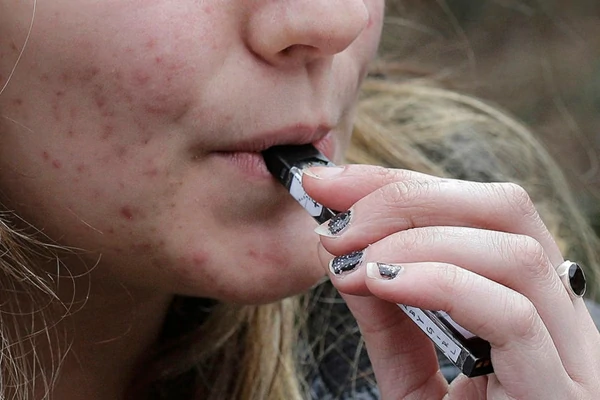
Best Low Nicotine Vape of 2024 From China Vape Factory VPFIT
November 6, 2023
Disposable Vape Elf Bar
November 7, 2023Smoking rates in Switzerland have remained high, accounting for about a quarter of the population. A series of anti-tobacco public health policies were frustrated by industry lobbying. The Swiss Association for Tobacco Control(AT Switzerland) found that tobacco addiction and its associated health costs are still rising. While the number of people using disposable vapes and nicotine products has also increased.
According to the Swiss Health Survey, in 2022, 24% of the Swiss population over the age of 15 smoked. Moreover, the smoking percentage of people between 15-24 even reaches at 26%.
In contrast, France has taken a series of measures to reduce the number of smokers over the past five years. Thus the proportion of smokers at 17 years old in France are reducing from 25% in 2017 to 16% in 2022.
Another health survey showed that only 6% of 15-24 men smoked vapes and 11% used oral nicotine products.
In the past two years, the consumption of disposable vapes surges rapidly. In addition, according to a detailed survey report by the Swiss Health Behavior School-aged Children (HBSC), 15-year-old teenagers have begun to use vaping products and other tobacco and nicotine products heavily.
2022 HBSC Switzerland survey data shows that in the past 30 days, 25% of 15-year-old teenagers have used e-cigarettes. In addition, 16% of them have smoked cigarettes, 12% among them have used e-cigarettes and cigarettes at the same time. What’s more, 9% of them used oral tobacco products during this period.
Because of the result, the AT Switzerland calls for taking the use of vapes and oral tobacco products into account in the prevalence of smoking. They state that smoking not only causes smokers to bear higher medical costs. But is also the largest avoidable risk factor for many non-communicable diseases.
Research has found that smoking in adolescence is associated with increased smoking in adulthood. In response to this problem, the association recommends adopting new public health policies and raising public awareness of this issue on a broad scale.







